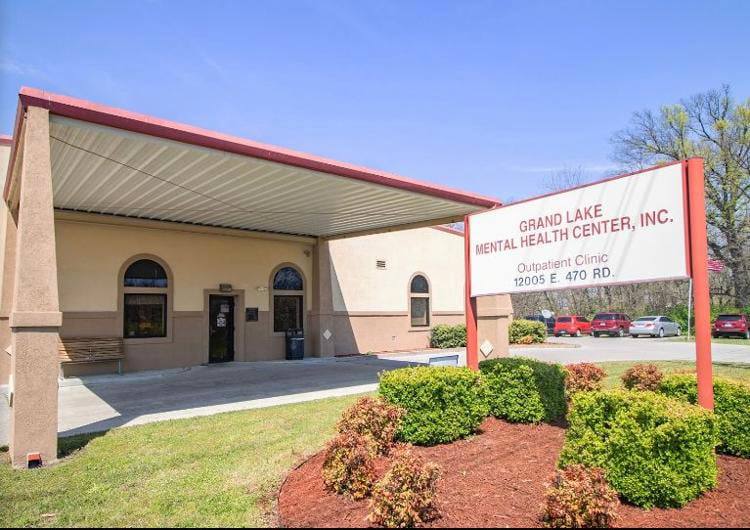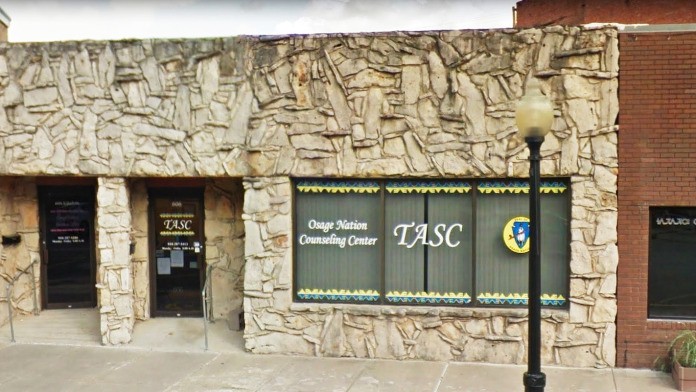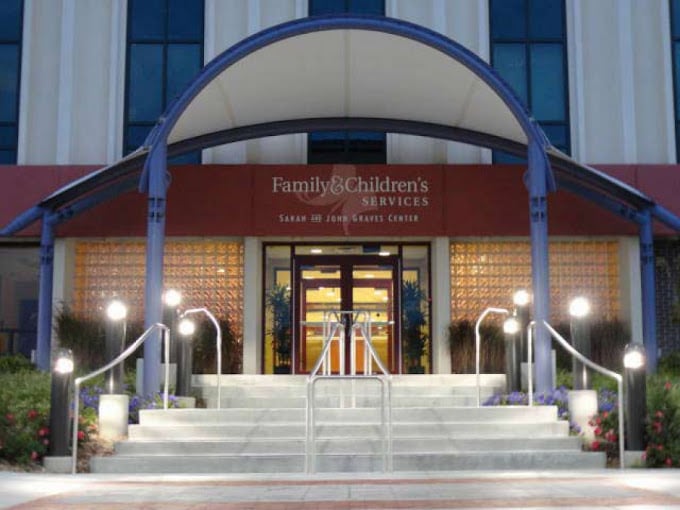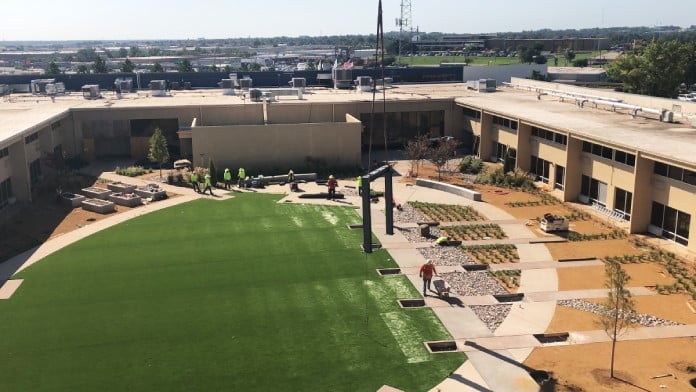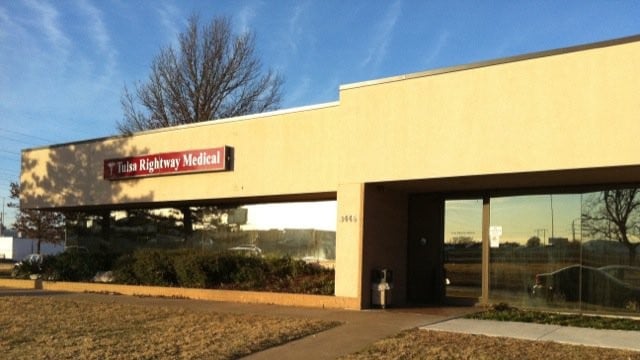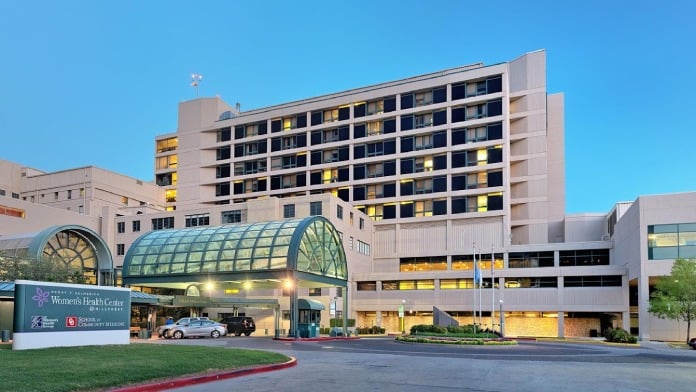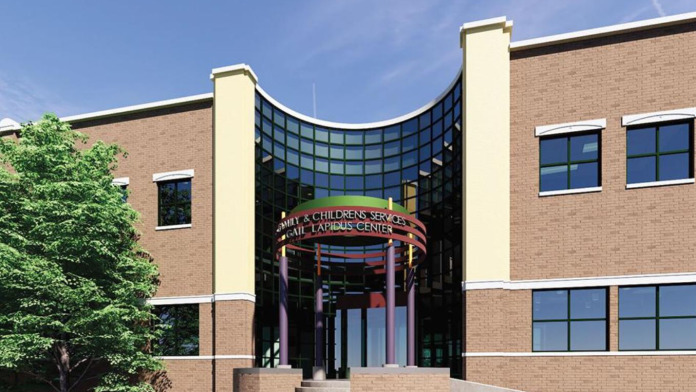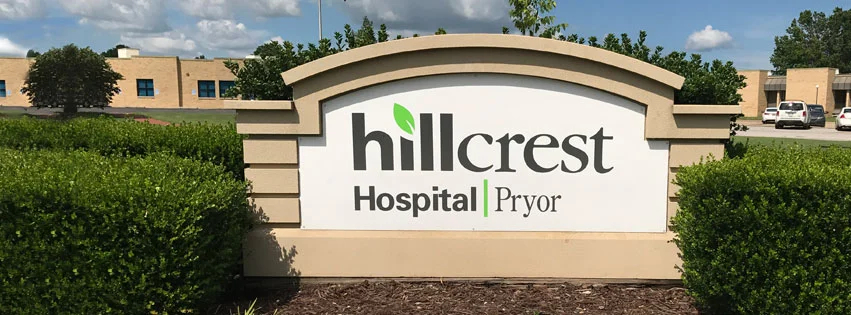The staff is amazing! my counselor is the best of all, he has helped me to deal with my problems and has provided me with the necessary tools to succeed he always has encouraging words and advice.
About The Center for Therapeutic Interventions
If you want to be treated as more than just your diagnosis states, consider the Center for Therapeutic Interventions in Bartlesville, Oklahoma. This center’s ethos is on treating individuals as people who are first and foremost ‘human,’ meaning they understand that recovery isn’t a one-size-fits-all approach. Those who choose this center and who are dealing with mental health and or substance abuse conditions will receive tailored treatment.
It’s also reassuring to know that they offer empathy, experience, and easy access, with no patient, regardless of gender, age, or ability to pay, being denied care. Besides sober living and outpatient substance abuse treatment, the center also caters to those who need help with mental health treatment, pregnancy and postpartum addiction, behavioral healthcare, and problematic gambling or gaming addictions.
Comprehensive Substance Abuse Services Under One Roof
The Center for Therapeutic Interventions doesn’t want to force individuals into the shadows, nor does it feel this is a place you belong if you’re battling drug or alcohol addiction. Instead, they want you to walk into the light and find your way to a healthier, happier, more balanced lifestyle sans addiction.
To help with this, they offer a comprehensive array of substance abuse services under one roof. If you enroll in their outpatient program, you can expect everything from individual and group counseling, family counseling, and relapse prevention to opioid use treatment, methadone-managed treatment, ambulatory detox, and medication management.
It’s also worth noting that sober living is available, but it’s likely located at a different address from the Bartlesville Center, which primarily focuses on outpatient treatment.
Safer Recovery for Pregnant and Postpartum Women
For many women, the happiest times of their lives are when they are pregnant or after giving birth, but this happiness can be tinged by fear, regret, and anger, especially when addictions are involved. If you’re someone who is addicted and pregnant or who has recently given birth, this center’s judgment-free treatment services might be worth exploring.
Not only does the center offer the SAFER program – Safely Advocating for Families Engaged in Recovery – but it also provides several services related to pregnancy. The SAFER program specializes in opioid addiction treatment. It takes into account the needs of the patient and their family, with family care plans provided to minimize DHS involvement post-birth.
The pregnancy-related services, on the other hand, include individual, group, and family counseling alongside medication management and many of the other services offered in the regular substance abuse treatment pathways. These might be incredibly beneficial to your journey toward a more united family.
Latest Reviews
Rehab Score
Location
Other Forms of Payment
Private insurance refers to any kind of healthcare coverage that isn't from the state or federal government. This includes individual and family plans offered by an employer or purchased from the Insurance Marketplace. Every plan will have different requirements and out of pocket costs so be sure to get the full details before you start treatment.
Self-pay involves paying for treatment out of your own pocket. You can use savings or credit, get a personal loan, or receive help from family and friends to fund your treatment. If you don't have insurance or your insurance plan doesn't cover a specific program, self-pay can help ensure you still get the care you need.
Financial aid can take many forms. Centers may have grants or scholarships available to clients who meet eligibility requirements. Programs that receive SAMHSA grants may have financial aid available for those who need treatment as well. Grants and scholarships can help you pai for treatment without having to repay.
Sliding scale payments are based on a client's income and family size. The goal is to make treatment affordable to everyone. By taking these factors into account, addiction recovery care providers help ensure that your treatment does not become a financial burden to you or your family, eliminating one barrier to care.
Medicare is a federal program that provides health insurance for those 65 and older. It also serves people under 65 with chronic and disabling health challenges. To use Medicare for addiction treatment you need to find a program that accepts Medicare and is in network with your plan. Out of pocket costs and preauthorization requirements vary, so always check with your provider.
Medicaid is a state based program that helps lower-income individuals and families pay for healthcare. Medicaid covers addiction treatment so those enrolled can use their coverage to pay for rehab. When a program accepts Medicaid the client often pays very little or nothing out of their own pocket.
Military members, veterans, and eligible dependents have access to specific insurance programs that help them get the care they need. TRICARE and VA insurance can help you access low cost or no cost addiction and mental health treatment. Programs that accept military insurance often have targeted treatment focused on the unique challenges military members, veterans, and their families face.
Addiction Treatments
Levels of Care
Outpatient behavioral health services will consist of strengths based assessment to determine needs and presenting problems, an intake to gather an accurate bio-psychosocial history including history of presenting problems, an individualized treatment plan based on strengths, needs, and input from the consumer. The individualized treatment plan will consist of an array of services to benefit and carrying out the treatment plan. Outpatient services are designed to be culturally appropriate and sensitive as well as age appropriate. Gender specific treatments and materials are utilized in group settings to maximize sensitivity to consumer needs.
Intensive Outpatient programs are for those who want or need a very structured treatment program but who also wish to live at home and continue with certain responsibilities (such as work or school). Intensive Outpatient Services is an organized, non-residential outpatient substance abuse treatment service with scheduled sessions providing a range of nine (9) or more treatment hours per week, but not to exceed 12 hours and is considered a separate program from other services offered at this facility.
Clients enrolled in rehab aftercare programs have typically completed weeks or months of intensive treatment, often in inpatient detox and/or rehab centers, and may be receiving outpatient care. Drug rehab aftercare is designed to approach recovery as a life-long process. Clients and their case managers and care teams typically work together to formulate clients' continuing care plan, which may include peer coaching, career counseling, and 12 step program facilitation, among other services.
Intervention services helps family or friends of addicts stage an intervention, which is a meeting in which loved ones share their concerns and attempt to get an addict into treatment. Professional intervention specialists can help loved ones organize, gather, and communicate with an addict. They can guide intervention participants in describing the damage the addict's behavior is causing and that outside help is necessary to address the addiction. The ideal outcome of an intervention is for the addict to go to rehab and get the help they need.
24-hour clinical care in Oklahoma is highly recommended for those beginning recovery. As your body detoxes, withdrawal from substances such as alcohol, benzos, and opiates can cause severe physical symptoms. Health risks include seizures, hallucinations, heart palpitations, and severe dehydration. A clinical setting offers 24/7 medical care to treat these symptoms and make the detox process more comfortable.
Drug and alcohol addiction often takes a heavy toll on one's body. Over time, a physical dependence can develop, meaning the body physiologically needs the substance to function. Detox is the process of removing drugs and/or alcohol from the body, a process that can be lethal if mismanaged. Medical detox is done by licensed medical professionals who monitor vital signs and keep you safe, healthy, and as comfortable as possible as you go through detox and withdrawal.
Treatments
The goal of treatment for alcoholism is abstinence. Those with poor social support, poor motivation, or psychiatric disorders tend to relapse within a few years of treatment. For these people, success is measured by longer periods of abstinence, reduced use of alcohol, better health, and improved social functioning. Recovery and Maintenance are usually based on 12 step programs and AA meetings.
To address the issues of addiction, each drug rehab in Oklahoma is tailored to meet the individual's needs. Treatment may occur in a residential or outpatient setting, and may last from a few days to several months.
Many of those suffering from addiction also suffer from mental or emotional illnesses like schizophrenia, bipolar disorder, depression, or anxiety disorders. Rehab and other substance abuse facilities treating those with a dual diagnosis or co-occurring disorder administer psychiatric treatment to address the person's mental health issue in addition to drug and alcohol rehabilitation.
Opioid rehabs specialize in supporting those recovering from opioid addiction. They treat those suffering from addiction to illegal opioids like heroin, as well as prescription drugs like oxycodone. These centers typically combine both physical as well as mental and emotional support to help stop addiction. Physical support often includes medical detox and subsequent medical support (including medication), and mental support includes in-depth therapy to address the underlying causes of addiction.
Substance rehabs focus on helping individuals recover from substance abuse, including alcohol and drug addiction (both illegal and prescription drugs). They often include the opportunity to engage in both individual as well as group therapy.
Programs
Adult rehab programs include therapies tailored to each client's specific needs, goals, and recovery progress. They are tailored to the specific challenges adult clients may face, including family and work pressures and commitments. From inpatient and residential treatment to various levels of outpatient services, there are many options available. Some facilities also help adults work through co-occurring conditions, like anxiety, that can accompany addiction.
Young adulthood can be an exciting, yet difficult, time of transition. Individuals in their late teens to mid-20s face unique stressors related to school, jobs, families, and social circles, which can lead to a rise in substance use. Rehab centers with dedicated young adult programs will include activities and amenities that cater to this age group, with an emphasis on specialized counseling, peer socialization, and ongoing aftercare.
Serving in the military is both mentally and physically challenging, and can result in trauma that persists even after combat ends. Military programs are tailored to the specific and often complex needs of active duty personnel, veterans, and military families. Clients often access these programs through the U.S. Department of Veterans Affairs (VA).
Clinical Services
Cognitive Behavioral Therapy (CBT) is a therapy modality that focuses on the relationship between one's thoughts, feelings, and behaviors. It is used to establish and allow for healthy responses to thoughts and feelings (instead of unhealthy responses, like using drugs or alcohol). CBT has been proven effective for recovering addicts of all kinds, and is used to strengthen a patient's own self-awareness and ability to self-regulate. CBT allows individuals to monitor their own emotional state, become more adept at communicating with others, and manage stress without needing to engage in substance abuse.
Group therapy is any therapeutic work that happens in a group (not one-on-one). There are a number of different group therapy modalities, including support groups, experiential therapy, psycho-education, and more. Group therapy involves treatment as well as processing interaction between group members.
In individual therapy, a patient meets one-on-one with a trained psychologist or counselor. Therapy is a pivotal part of effective substance abuse treatment, as it often covers root causes of addiction, including challenges faced by the patient in their social, family, and work/school life.
Motivational Interviewing (MI) is a clinical approach to helping people with substance abuse issues and other conditions shift behavior in positive ways. It is more goal-oriented than traditional psychotherapy, as MI counselors directly attempt to get clients to consider making behavioral change (rather than wait for them to come to conclusions themselves). Its primary purpose is to resolve ambivalence and help clients become able to make healthy choices freely.
Trauma therapy addresses traumatic incidents from a client's past that are likely affecting their present-day experience. Trauma is often one of the primary triggers and potential causes of addiction, and can stem from child sexual abuse, domestic violence, having a parent with a mental illness, losing one or both parents at a young age, teenage or adult sexual assault, or any number of other factors. The purpose of trauma therapy is to allow a patient to process trauma and move through and past it, with the help of trained and compassionate mental health professionals.
Whether a marriage or other committed relationship, an intimate partnership is one of the most important aspects of a person's life. Drug and alcohol addiction affects both members of a couple in deep and meaningful ways, as does rehab and recovery. Couples therapy and other couples-focused treatment programs are significant parts of exploring triggers of addiction, as well as learning how to build healthy patterns to support ongoing sobriety.
Families of consumers are encouraged to participate in treatment and educational services to facilitate treatment success. Substance abuse and other addictions affect the entire family unit. It is their belief that the entire family should be involved in treatment when at all possible in keeping with the best interest of the consumer and his/her rights.
Life skills trainings involve all the skills a person must have in order to function successfully in the world. These include time management, career guidance, money management, and effective communication. Truly successful addiction recovery is based on the ability to not only live substance-free, but to thrive. Life skills teaches the practical necessities of functioning in society, which sets clients up for success in life, and therefore sobriety.
Amenities
-
Private Setting
Staff & Accreditations
Staff
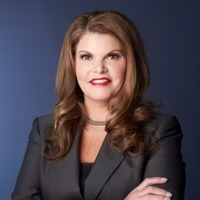
Janet Cizek, LPC, LADC
CEO

Layne Subera, D.O.
Medical Director
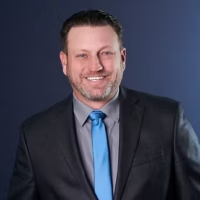
Dustin Bryan, LPC-S, LADC-S, CPGC
Director of Operations
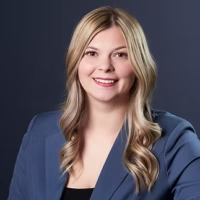
Katie Cizek, MS LADC MH
Assistant Clinical Director
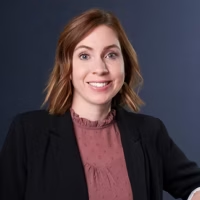
Tara Hurst, MS LPC-S, LADC-S, CPGC
Clinical Director & Bartlesville Site Supervisor

Sandra Ruiz
Agency Administrative Director
Accreditations

The Commission on Accreditation of Rehabilitation Facilities (CARF) is a non-profit organization that specifically accredits rehab organizations. Founded in 1966, CARF's, mission is to help service providers like rehab facilities maintain high standards of care.
CARF Accreditation: Yes
Contact Information
4100 SE Adams Road
e108
Bartlesville, OK 74006

